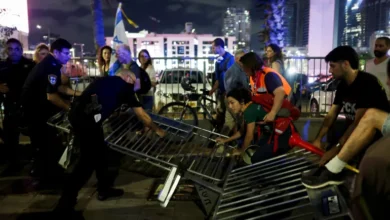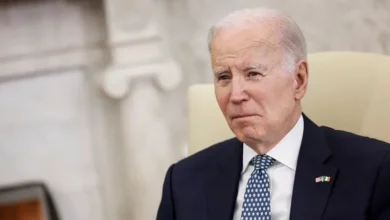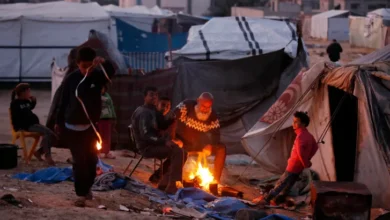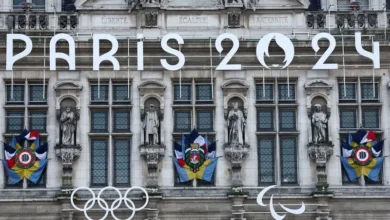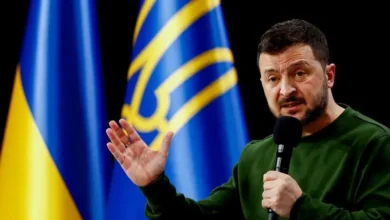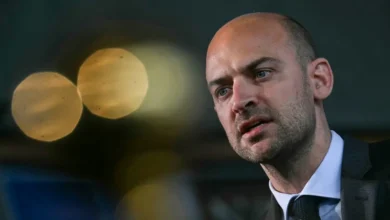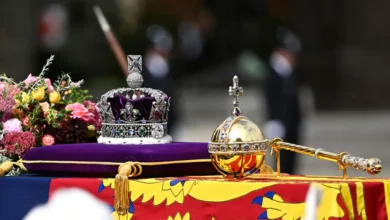Under Netanyahu, violence against Christians is being normalised
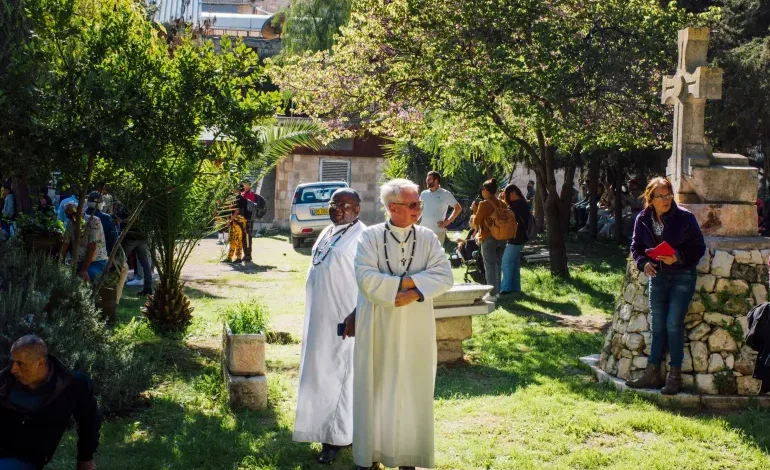
Nothing about the attack or what happened since surprised Miran Krikorian. The Armenian owner of Taboon and Wine Bar in the Old City of Jerusalem was not surprised to receive a call the night of January 26 that a mob of Israeli settlers was attacking his bar in the Christian Quarter and shouting “Death to Arabs … Death to Christians.”
It didn’t surprise him how little effort the police made to catch the perpetrators; after some press about the attack and a lack of arrests, police told him two months later they detained three of the suspects among the mob. But they also asked for his surveillance video, despite the videos being already online and surveillance cameras omnipresent in the Old City.
“You have cameras over here that can show the underwear that someone is wearing, so how come you’re asking for my footage two months later?” asked Krikorian.
It was easy for him to identify many of the perpetrators himself – they went online and gave his restaurant a 1-star review minutes after the attack – but when he went to the police station that night, the officer there scolded him: “Don’t bother me too much.”A couple of days later, Armenians leaving a memorial service in the Armenian Quarter say they were attacked by Israeli settlers carrying sticks. An Armenian was pepper-sprayed as settlers scaled the walls of the Armenian convent, trying to take down its flag, which had a cross on it. When Armenians chased them away, the settlers began shouting: “Terrorist attack,” prompting nearby border police to draw their guns on the Armenians, beating and detaining one of them.
“Instead of [the soldiers] calming or condemning [the settlers], I was looking into the eyes of the soldier and telling him to calm down,” one of the attacked Armenian youth told Al Jazeera.
Hostility by fundamentalist Jews towards Jerusalem’s Christian community is not new, and it is not just Armenian Christians who suffer from it. Priests of all denominations describe being spat at for years. Since 2005, Christian celebrations around Holy Week, particularly Holy Fire Saturday, have brought military barricades and harsh treatment from soldiers and settlers alike, with the number of worshippers allowed inside the Church of the Holy Sepulchre drastically limited, from as many as 11,000 historically during the Holy Fire ceremony to now 1,800 since last year, with authorities citing safety concerns.
But since Israel’s new government – the most right wing and religious in its history – came to power, incidents against Christians in Jerusalem have reportedly become more violent and common. At the beginning of the year, 30 Christian graves at the Protestant Mount Zion Cemetery were desecrated. In the Armenian Quarter, vandals spray-painted “Death to Arabs, Christians and Armenians,” on the walls.
“My fear is that these perpetrators are known, but they enjoy impunity,” said Munib Younan, bishop emeritus of the Evangelical Lutheran Church. “That’s the reason they are doing this.”
Church and community leaders note that police do little to investigate, and dismiss or minimise the religious and ideological motivations behind these attacks, typically saying the perpetrators suffer from mental illness.
“The man who tried to [throw] tomatoes in our Church of Gethsemane in 2020, it was the same – he was taken for a while, and then he was declared mentally ill. So, what can we do?” remarked Friar Francesco Patton, custodian of the Holy Land.Forced to take matters into his own hands, Patton, who is tasked with protecting some 80 sites in Jerusalem, says the Franciscans have reluctantly set up cameras in all corners of their holy sites, which are becoming more closed off from the public due to the persistent attacks.
“This is not the Franciscan spirituality … of welcoming,” he said. “But we have to take care of the [holy] places and people who come to pray and worship.”
Ideologically, the primary source for this targeting of Christians and their holy sites comes from the education of certain ultra-religious Jewish groups, according to community and church leaders. Most attacks come from a small minority of teenage yeshiva students, they say.
“Their mind is obsessed with the ‘Messianic syndrome’. They want to take over the whole land,” said Greek Orthodox Patriarch Theophilos III of Jerusalem. “When you see young people, 15 or 16 years old, and they do all sorts of things and they’re not afraid, someone is behind it.”
The targeting of Christian symbols – especially the cross, with harassers often calling Christians “pagans” or “idol worshippers” – isn’t new either, but never have the attackers felt more emboldened than under the new government. After a recent spitting incident, an argument ensued, and the settler flashed his gun at the Christians. As a friend of theirs put it, the message was clear: “I can do anything I want and claim self-defence.”
“The minister of national security is a lawyer who used to defend extremist Jews attacking Christian and other sites,” said one Armenian youth who says they were attacked in January, referring to Itamar Ben-Gvir. “What do you expect when the highest-ranking official in the equation is the most extremist?”
Making politics religious, and religion political
All of this is happening “in the grips of the most serious crisis between Israel and the churches since 1948”, said Daniel Seidemann, a Jerusalem lawyer intimately involved in discussions with state and institutional delegations. “Nobody is talking to the churches.”
This comes as the Israeli government continues to seek to transform Christian sites at the Mount of Olives into a national park — which church officials say will strip their rights as owners of these sites and hand them over to settler interests.
Church statements are growing more direct, at times fiercely critical of the government. “What we call the status quo, the balance between the different [communities] … now is not any more respected,” declared Pierbattista Pizzaballa, the Latin patriarch of Jerusalem.
Jerusalem’s Christian population has been threatened for years – it is currently about 10,000, or just over one percent of the city’s population, compared with a quarter of the population a century ago. Many have left, seeking a more secure future elsewhere as the empowerment of far-right religious figures such as Ben-Gvir and Finance Minister Bezalel Smotrich only tears Jerusalem apart and marginalises Christians further.
